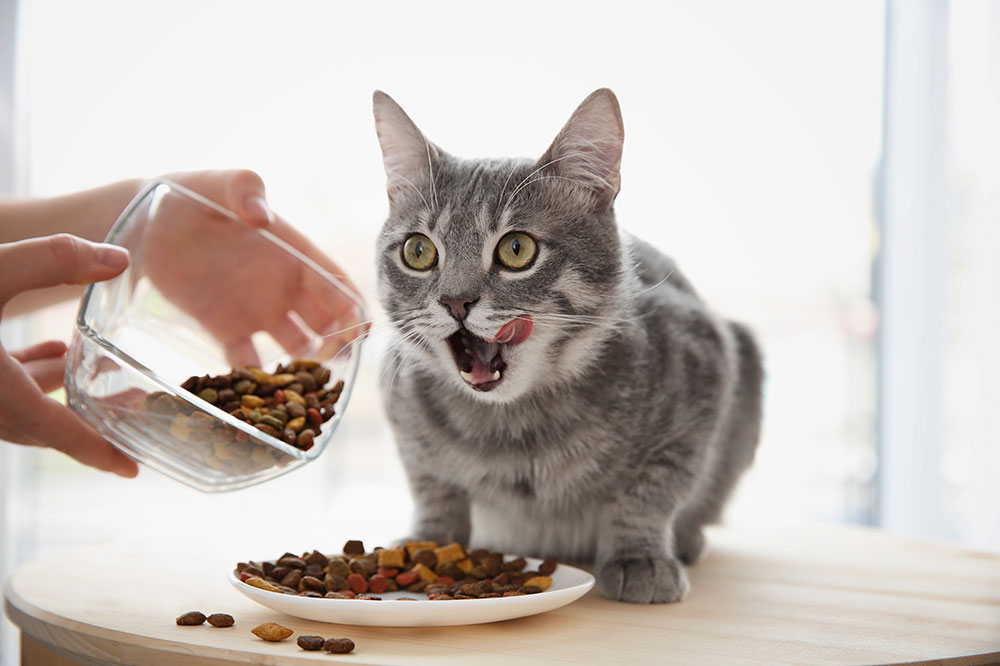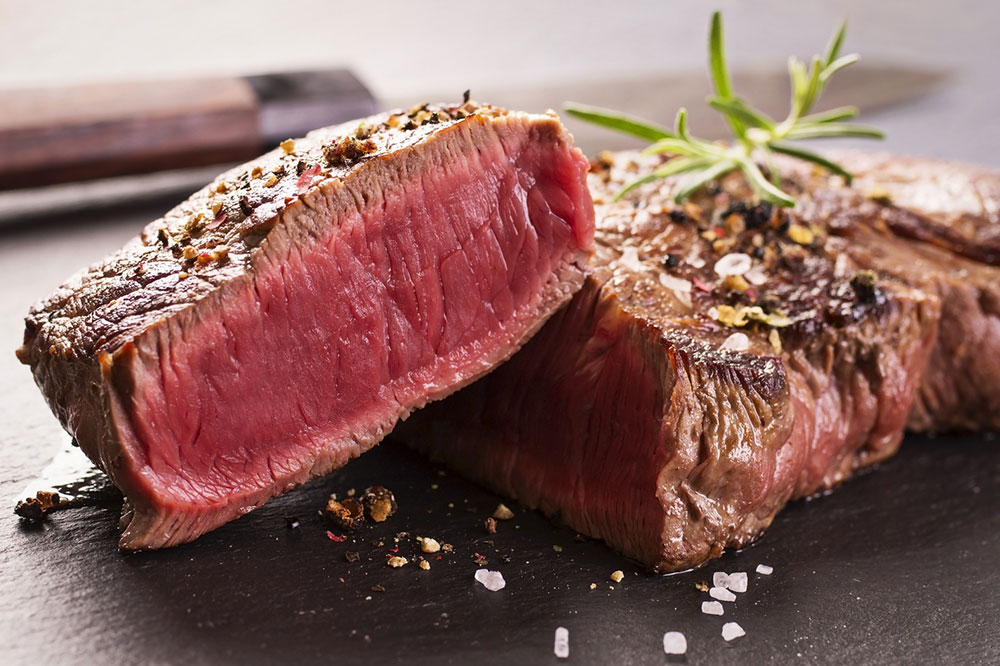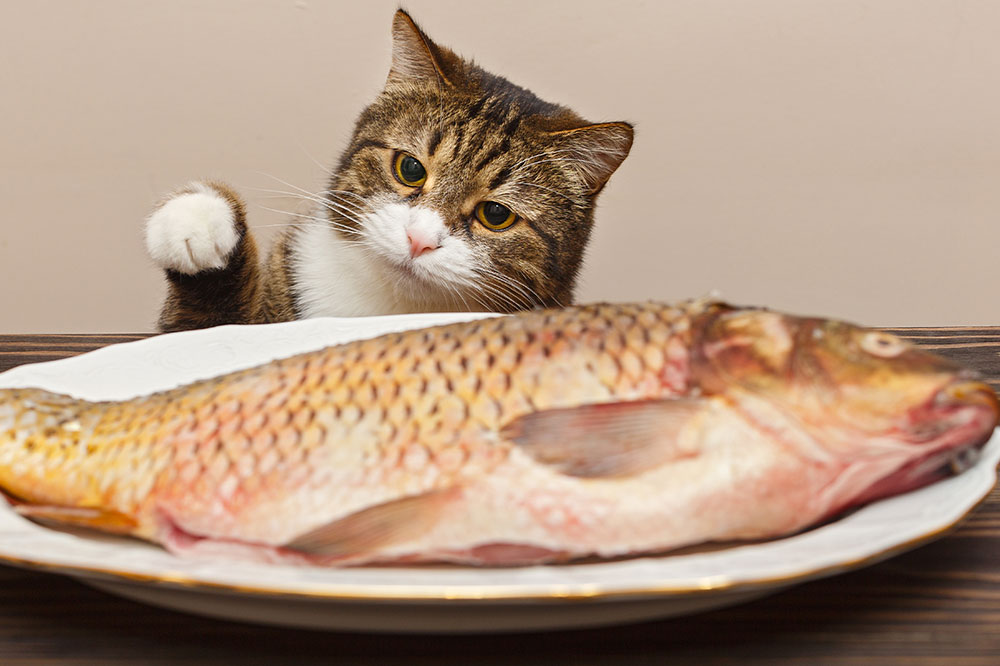Guide to Safe Human Foods Your Cat Can Enjoy
Discover a comprehensive guide to safe human foods that cats can enjoy. From meats and grains to fruits, vegetables, and fish, this article outlines healthy treats and precautions to keep your feline friend safe and satisfied. Learn which foods are beneficial and how to serve them properly to prevent health issues and reduce vet visits.

Healthy Human Foods Suitable for Cats
Many cat owners like to share small pieces of their meals with their furry friends. However, it's important to ensure the food is safe for cats. Since their digestive systems are specialized, some human foods can lead to health problems over time. Below is a list of human foods generally safe for cats, helping you prevent unnecessary vet visits.
Meat Cats are obligate carnivores, requiring meat for vital nutrients. Cooked chicken, beef, and turkey are suitable options. Avoid meats high in salt, as excess salt can be harmful to their health.
Whole Grains Whole grains like oatmeal provide essential vitamins and energy. Cats may enjoy small amounts of cooked cornmeal, millet, couscous, brown rice, barley, or wheatberries—make sure these are cooked and mashed for easier digestion.
Fruits Bananas are high in potassium and fiber, making them a nutritious treat when given in moderation. Limit treats to about 10% of daily calories. Other safe fruits include pumpkin, apples, pears, berries, watermelon, and pineapple, served in small quantities.
Fish Fish is often included in commercial cat foods due to its beneficial nutrients like vitamins and omega fatty acids. Serve boiled fish cut into small pieces, without seasoning or preservatives. Use fresh fish, remove bones, and avoid canned fish for safety reasons.
Vegetables Carrots offer beta carotene that supports eye and coat health. Feed peeled, cooked, and small chopped pieces. Other safe vegetables include celery, cucumbers, green beans, lettuce, peas, broccoli, and asparagus—prepared without harmful additives such as onions or garlic.
Important Note:
This blog provides helpful and general information about pet care. While we aim for accuracy, readers should consider our content as guidance rather than medical advice. Always consult a veterinarian for personalized recommendations and be aware that some offers or schemes may differ based on individual needs.


